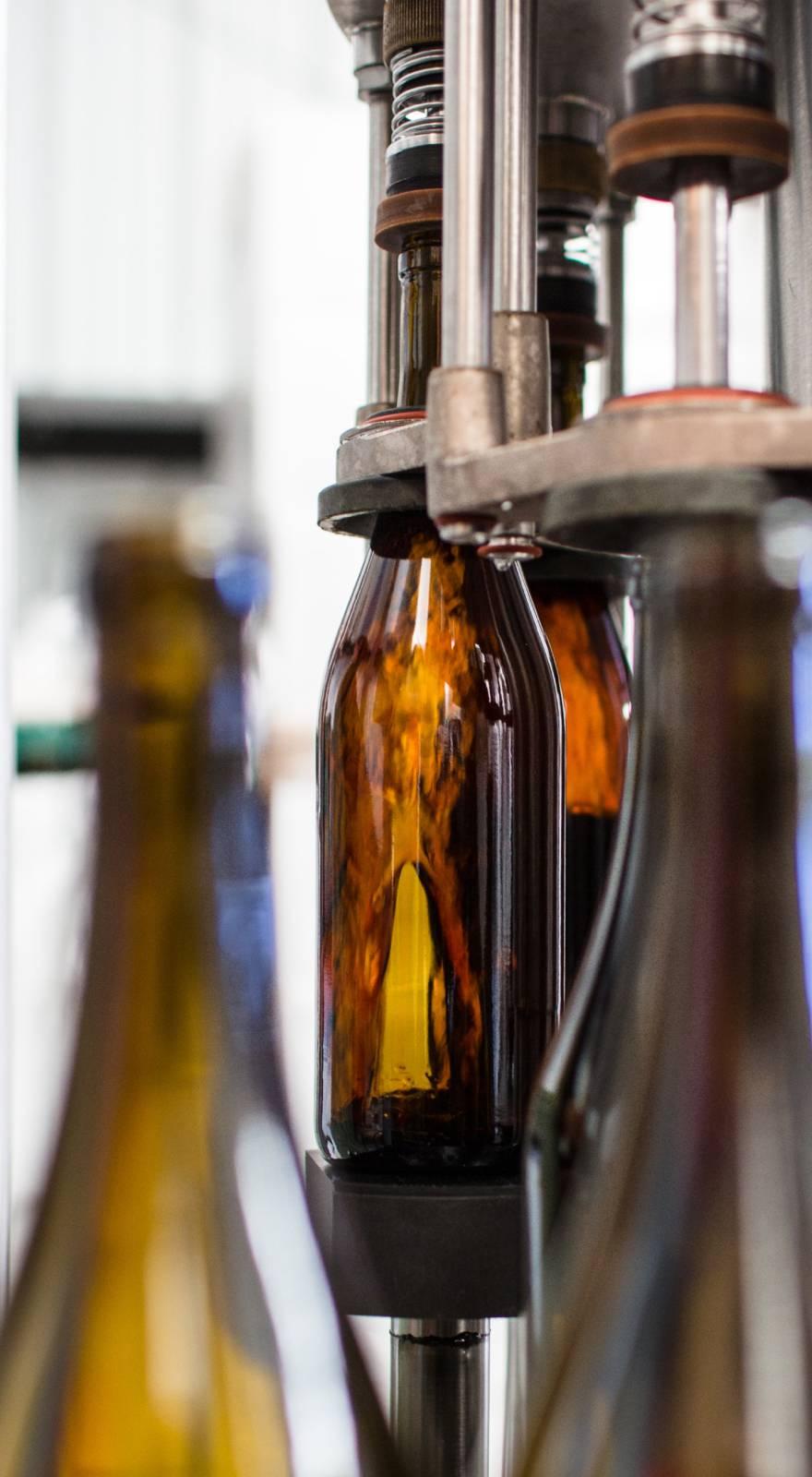Knowde Enhanced TDS
Identification & Functionality
- Technologies
- Product Families
Features & Benefits
- Ready-to-Use Product Features
- Characteristics
Owing to the unique ink characteristics, the ink container must be completely resealed in order to avoid exposure to air after using parts of the ink.
Ink Adjustment
The ink should be stirred homogeneously before printing and if necessary during production. Mara® Tech MGO is a single component ink system, which is unusual for this application range. This narrows the chance for incorrect ink adjustment while increasing the process safety as well as the user-friendliness.
Drying
The time between printing and drying process should be as short as possible, and must not exceed 24 hours.
The standard values concerning progressive cross-linking reactions of the ink film (thickness 5-12 µm) are as follows:Overprintable Temperature Time Oven drying 140°C 3-5 min. IR tunnel drying 160-200°C 3-5 m/min Final drying 140 - 180°C 30 min. The times mentioned vary according to substrate, depth of cliché / mesh count (ink film thickness), drying conditions, and the auxiliaries used.
Stress resistance After proper and thorough drying, the ink film exhibits outstanding adhesion, as well as rub and scratch resistance. The printed ink film must be tempered for 30 min at 140°C.
Dish washer resistance:
• Domestic dish washer at least 200 cycles (65°C at 130 min with customary cleaner Type B/ low alkaline detergent)
Applications & Uses
- Applications
- Compatible Substrates & Surfaces
- Field of Application
Substrates
Mara® Tech MGO is excellently suited to print onto
• Glass
• Ceramics
• Metals (incl. thinly anodised aluminum)
• Varnished surfaces
Very good results are also achieved on stainless steel (with/without coating). Ideal printing conditions include a room temperature of 20-25°C and 45-60% humidity, and equal surface tension of at least 40 mN/m ensures good adhesion. Furthermore, the glass surface must be clean and absolutely free of graphite, silicone, dust, or grease (e.g. finger prints). In the case of glass bottles, any existing surface coating must be completely removed by suitable pre-treatment. Flame pre-treatment right before the start of the printing process generally improves adhesion. Since all the print substrates mentioned may be different in printability even within an individual type, preliminary trials are essential to determine the suitability for the intended use.
Field of use
Mara® Tech MGO is suited for applications on glass for restaurants, cosmetics, and furniture, for sensitive applications, particularly baby bottles, for 3C applications (touch panels), and metals, e. g. stainless steel panels.
Technical Details & Test Data
- Technical Details
Chemical Resistance:
• Ethanol and glass cleansing agent: 500 DRS
• Aceton/MEK: 100 DRS
Test device: Taber® Abraser 5700,
DRS: Double Rub Strokes (350 g)
Humidity resistance:
• Condensation Water Test 70°C/100% RH/30 min
• Cold Water Immersion Test / 24h
• Constant Climate Test 48 h In order to increase the surface hardness and the resistance to humidity, we recommend a baking temperature of 180°C .
Auxiliaries
*Please note: Thinner UKV 1 and Retarder SV 3 are not suited for sensitive applications.TPV 2 Thinner, fast 15-25% TPV 9 Thinner, medium 15-25% TPV Thinner 10-20% GLV Thinner, slow 10-20% UKV 1 Thinner, * 10-20% SV 3 Retarder, * 5-20% SV 12 Retarder 5-20% STM Thickening Agent 1-2% ES Printing Modifier 1-2% UR 4 Cleaner (flp. 52°C) UR 5 Cleaner (flp. 72°C) Thinner is added to the ink to adjust the printing viscosity (UKV 1 or GLV for screen printing / TPV, TPV 2, or TPV 9 for pad printing). The choice of thinner and the amount added are highly depending upon the local climate and the printing speed. For slow printing sequences and fine motifs, it may be necessary to add retarder to the thinner. For an additional thinning of the ink containing retarder, only pure thinner should be used. The Thickening Agent STM enhances the ink's viscosity without significantly influencing the degree of gloss. Please stir well, the use of an automatic mixing machine is recommended. Cleaner UR 4 is recommended for manual cleaning of the working equipment. Cleaner UR 5 is recommended for manual or automatic cleaning of the working equipment.
Printing Parameters
Screen printing All types of commercially available polyester fabrics and solvent-resistant stencils can be used. A suitable mesh range for thin ink films is 90-40 -165-27.
Pad printing
All commercially available clichés made of ceramic, photopolymer, thin steel, and chemically hardened steel (10 mm) can be used. The recommended cliché depth is 18-21 µm. As per our experience, all common printing pads consisting of materials cross-linked by condensation or addition can be used. Mara® Tech MGO is suitable for closed ink cup systems as well as for open ink wells. Depending on type and usage of the machine, it is to accordingly adjust type and amount of the thinner used.
Packaging & Availability
- Range
Basic Shades 920 Lemon 922 Light Yellow 924 Medium Yellow 926 Orange 930 Vermilion 932 Scarlet Red 934 Carmine Red 936 Magenta 940 Brown 950 Violet 952 Ultramarine Blue954 Medium Blue 956 Brilliant Blue 960 Blue Green 962 Grass Green 970 White 980 Black High Opaque Shades 122 High Opaque Light Yellow130 High Opaque Vermilion152 High Opaque Ultramarine Blue162 High Opaque Grass Green170 Opaque White 180 Opaque Black Further Products 910 Overprint VarnishAll shades are intermixable. Mixing with other ink types or auxiliaries must be avoided in order to maintain the special characteristics of this ink. The output of inks that are filled by weight may vary considerably owing to the specific gravity of the respective color shade. This must be considered especially for white and mixtures with white.
Storage & Handling
- Shelf Life
Shelf life depends very much on the formula/ reactivity of the ink system as well as the storage temperature. It is 2 years for an unopened ink container if stored in a dark room at a temperature of 15-25°C. Under different conditions, particularly higher storage temperatures, the shelf life is reduced. In such cases, the warranty given by Marabu expires.

